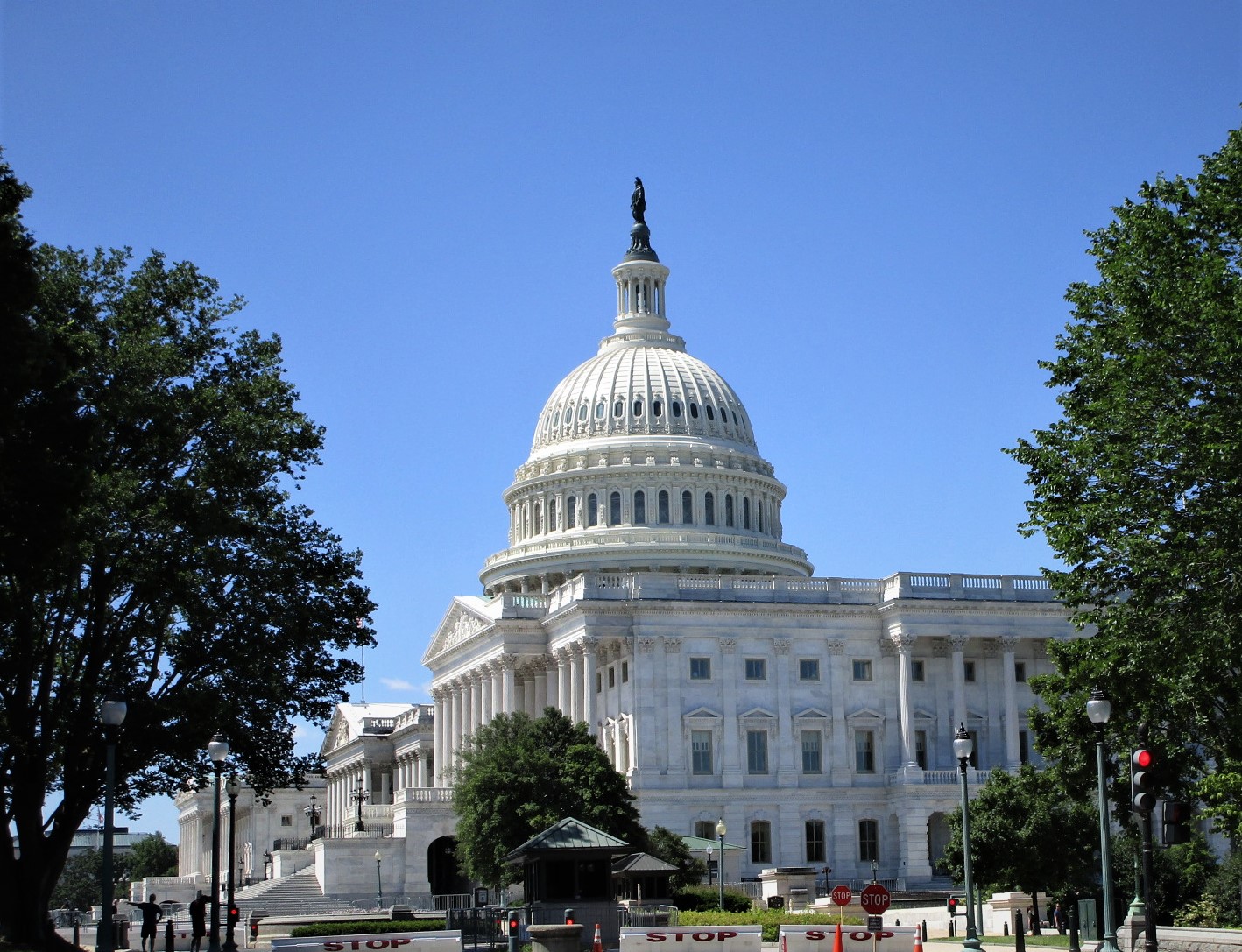Ligado Would Pay for GPS Interference Under Inhofe Bill
Senator said public should not be left 'holding the bag'

The smarter way to stay on top of the multichannel video marketplace. Sign up below.
You are now subscribed
Your newsletter sign-up was successful
Sen. James Inhofe (R-Okla.) has introduced the bipartisan Recognizing and Ensuring Taxpayer Access to Infrastructure Necessary for GPS and Satellite Communications Act (RETAIN Act) to require Ligado to cover the cost of mitigating interference its 5G service might create.
Inhofe has argued that the FCC's approval of that service will "drastically interfere with GPS and satellite communications." He took to the floor of the Senate to make that case and announce the bill.
The 2021 National Defense Authorization Act (NDAA), which passed late last year, put guard rails around an FCC decision that allows Ligado to use satellite spectrum adjacent to GPS for terrestrial 5G, but the Inhofe bill would make sure it hit Ligado in the pocketbook if that use creates interference to those critical systems.
"My legislation ensures federal agencies, state governments and all others negatively impacted by the actions of a private actor are not left holding the bag when it comes to costs – and worse, aren’t put in the position where they have to push the costs onto American consumers," Inhofe told his colleagues.
After years of trying and a name change, Ligado back in April secured the FCC's go-ahead despite pushback from the Trump Administration, aviation groups, and some in Congress.
The FCC unanimously voted to approve Ligado's application to deploy a low-power terrestrial 5G network in the L-Band satellite spectrum.
GPS companies and users had pushed back on the application, saying they could face interference to critical services, but FCC engineers said that harmful interference could be avoided, including by requiring a guard band of spectrum between Ligado and adjacent-band GPS and a 99% reduction in power levels from Ligado's 2015 application.
The smarter way to stay on top of the multichannel video marketplace. Sign up below.
Contributing editor John Eggerton has been an editor and/or writer on media regulation, legislation and policy for over four decades, including covering the FCC, FTC, Congress, the major media trade associations, and the federal courts. In addition to Multichannel News and Broadcasting + Cable, his work has appeared in Radio World, TV Technology, TV Fax, This Week in Consumer Electronics, Variety and the Encyclopedia Britannica.

